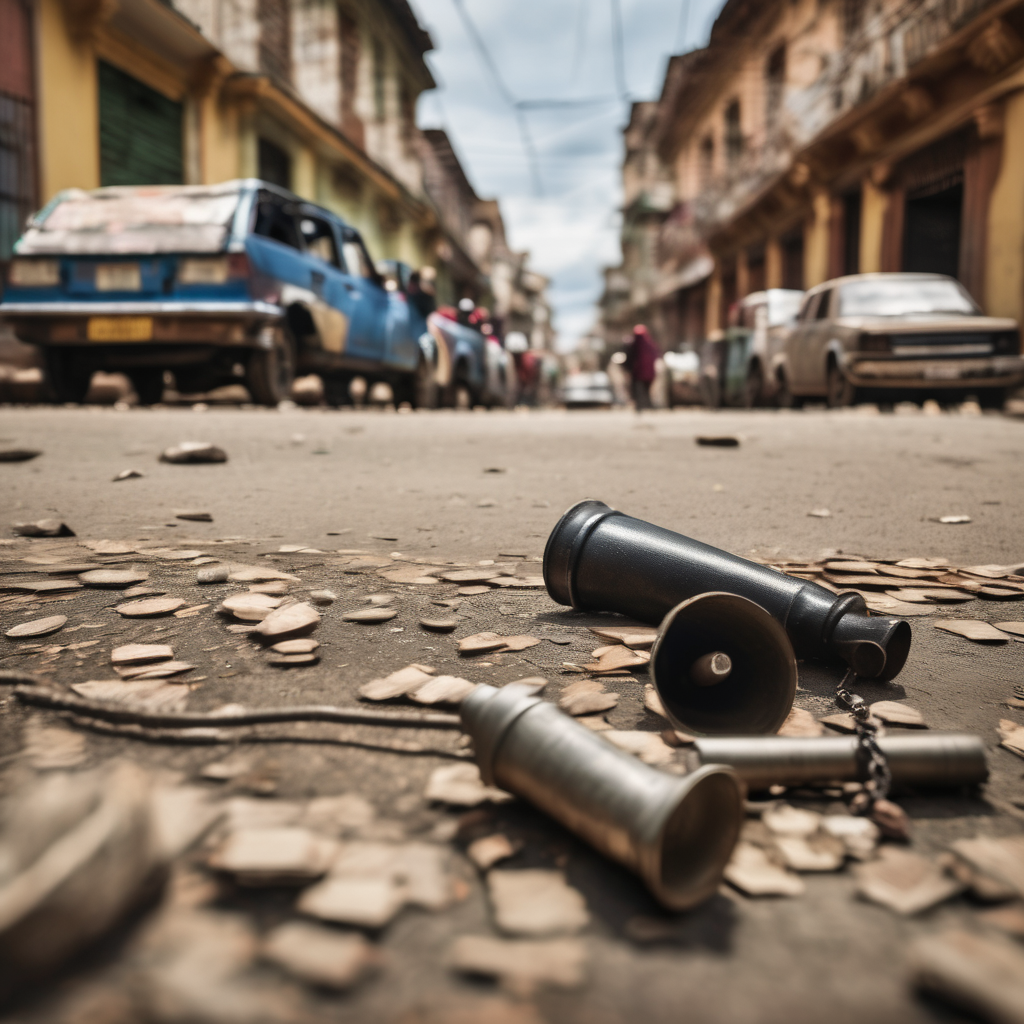Madagascar is currently facing significant political upheaval as President Andry Rajoelina reportedly fled the country following widespread protests that have escalated since late September. Initially sparked by demands for improved basic services such as water and electricity, the protests soon transformed into larger demonstrations focusing on corruption and ineffective governance. Opposition leader Siteny Randrianasoloniaiko, alongside various military sources, confirmed that Rajoelina departed on a French military aircraft. This marks the second instance within a month where younger citizens have effectively challenged governmental authority amid a global surge of activism driven by the Gen Z generation.
In a recent Facebook broadcast, Rajoelina addressed the nation, claiming he relocated to a “safe location” to safeguard his life without revealing his whereabouts. Despite his assertions of a desire to protect Madagascar from being “destroyed,” he remains resolute in refusing to resign amidst mounting pressure. A military source indicated that the president has experienced a substantial loss of support, as units once loyal to him, including the elite military group known as CAPSAT, have chosen to side with the protesters, affirming they would not resort to violence against civilians.
As protests intensified over the weekend, thousands gathered in the capital, Antananarivo, insisting the president step down. Citizens expressed their frustration with Rajoelina’s administration, emphasizing the government’s failure to address escalating poverty and deteriorating living conditions. Reports have indicated that at least 22 individuals have lost their lives in the unrest, revealing how quickly tensions have escalated.
Prior to his departure, Rajoelina issued pardons to several individuals, including two French nationals convicted for attempting a coup in 2021. His flight resembles similar uprisings in other nations, such as Nepal and Morocco, where public discontent has posed challenges to established governments. Madagascar’s current turmoil is exacerbated by a substantial youth demographic, with three-quarters of the population living in poverty, amidst an economy that has substantially contracted over recent decades.
The evolving situation underscores crucial inquiries regarding leadership, stability, and the role of international relations, especially with France, which has historical ties to Madagascar. As potential new governance structures begin to materialize, Madagascar’s youth may become vital in shaping the future trajectory of the nation in their quest for reforms and better living conditions. Amidst the turmoil, there remains a glimmer of hope that this movement could lead to meaningful change and a more accountable government that addresses the pressing needs of its citizens.
